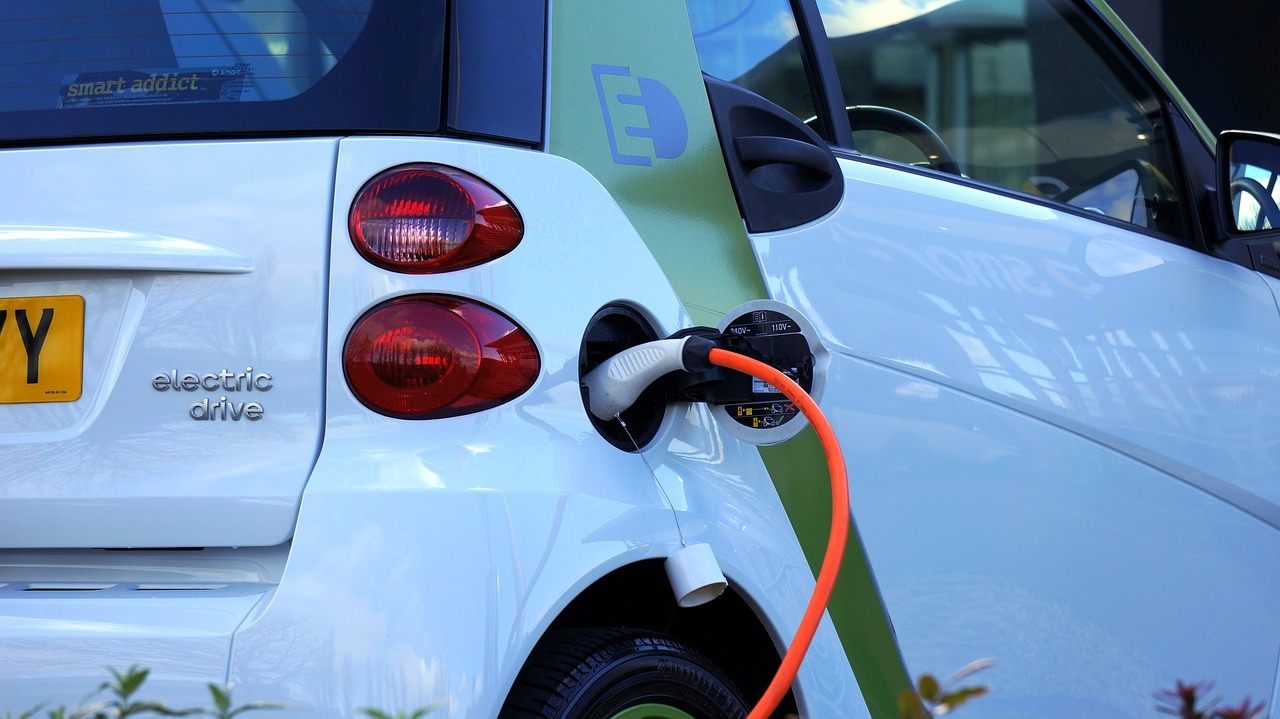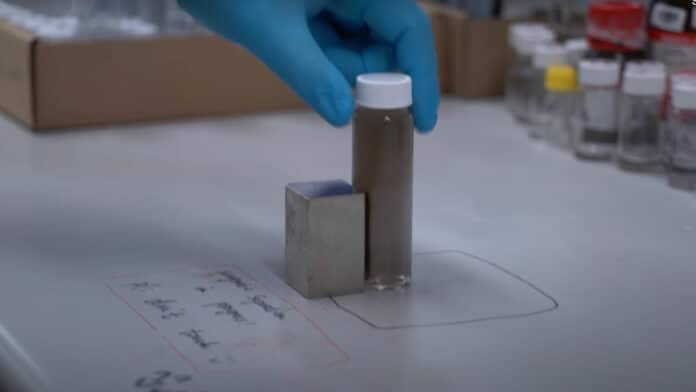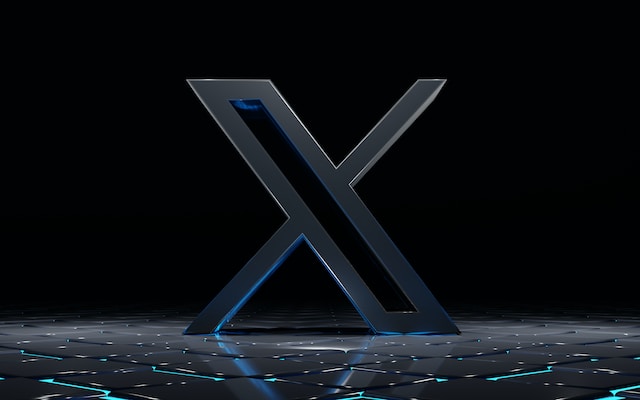Buying a new car soon? If you are, you’ve got quite a choice on your hands. Will you go with the old faithful in the form of a trusty petrol or diesel motor, or will you be looking for a more sustainable option in the form of a hybrid or fully electric vehicle (EV)?
If you’re thinking electric, you’ll be joining an ever-growing crowd. It wasn’t too long ago that hybrids and EVs were a once in a blue moon sight in the UK but, as of September, there were 373,600 plug-in cars trundling around our roads, with 164,100 of those being fully electric.
Why is this number growing? For one, the sustainable tide is turning, and more people are looking ahead and thinking more eco-consciously. There’s also much more EV choice than there used to be, with 205 plug-in models available to buy as of October this year. But there is also one more thing – buying an EV is incentivised via a pretty tasty grant from the government. But what is it, and how do you get one?
What is the electric car grant?
Otherwise known as the UK Plug-in Car Grant (PiCB), the government’s electric car grant is a cash incentive available to anyone looking to purchase a zero-emissions vehicle. Although the cash figure of this incentive has been reduced recently, it still offers a rather considerable £3,000 (max, but more on that later) off any EV purchase.
Why has it been made available?
With the world changing for the better in terms of sustainability, the UK government created the incentive to persuade more car buyers to choose an EV as their next vehicle. The UK has ambitious targets to cut its CO2 emissions, so, alongside raising taxes on diesel vehicles, the grant was introduced to push more people towards zero-emission options.
The grant is also in place to help make EVs more affordable. Ever since their release, EV options have always been more expensive than their combustion engine counterparts, thus the grant is intended to offset the difference in the upfront balance. However, recent developments in the EV industry have seen the introduction of a wider range of options and a variety of lower priced models that have made an EV purchase more accessible for many. This has potentially been a factor in the reduction of the PiCG from £4,500 to £3,000.
Essentially, with many individuals having to make significant financial preparations in order to afford a new car, the PiCG is there to grease the wheels on making your next car an electric one.
What cars are eligible?
Today, the grant covers up to 35% of your chosen EV’s cost, topping out at a maximum of £3,000. Eligible cars must have CO2 emissions of less than 50g/km and be able to travel at least 70 miles without emitting any CO2. Any eligible car must be on the Office for Low Emission Vehicles’ (OLEV) approved list.
To help break down what cars are and aren’t available, take a look at the following categories:
- Category 1: Vehicles with a range of 70 miles making zero emissions, and a manufacturer quoted CO2 emissions figure of less than 50g/km.
- Category 2: Vehicles with a range of at least 10 miles making zero emissions, and a manufacturer quoted CO2 emissions figure of less than 50g/km.
- Category 3: Vehicles with a range of at least 20 miles making zero emissions, and a manufacturer quoted CO2 emissions figure of between 50-75g/km.
If your car qualifies within the category 1 parameters and costs less than £50,000 new, then you are eligible for the max 35% or £3,000 grant.
If your car comes within categories 2 or 3, unfortunately you are no longer eligible for the grant as of October 2018 (cars in categories 2 and 3 used to be eligible for a maximum £2,500 grant if valued under £60,000 when new).
In theory, hybrid (PHEV) vehicles can qualify via category 1 as it stands, however hybrid technology would need to improve to where PHEV models can offer a range of 70 miles or higher, with current best figures in the PHEV market sitting at the 30-40 mile mark.
How do you apply?
If the car you are buying qualifies, the good news is that you don’t need to apply. When you come to buy your car, your dealer will automatically enrol you on the grant scheme, meaning all you need to do is pick a qualifying vehicle.
The government’s electric car grant is an excellent deal sweetener if you’re looking to buy an EV, but it’s also a win-win for all involved. While you as the buyer save some money on a great new car, the government also helps boost its numbers in the move towards a zero-emissions society, which in turn means a more sustainable future for us all.







